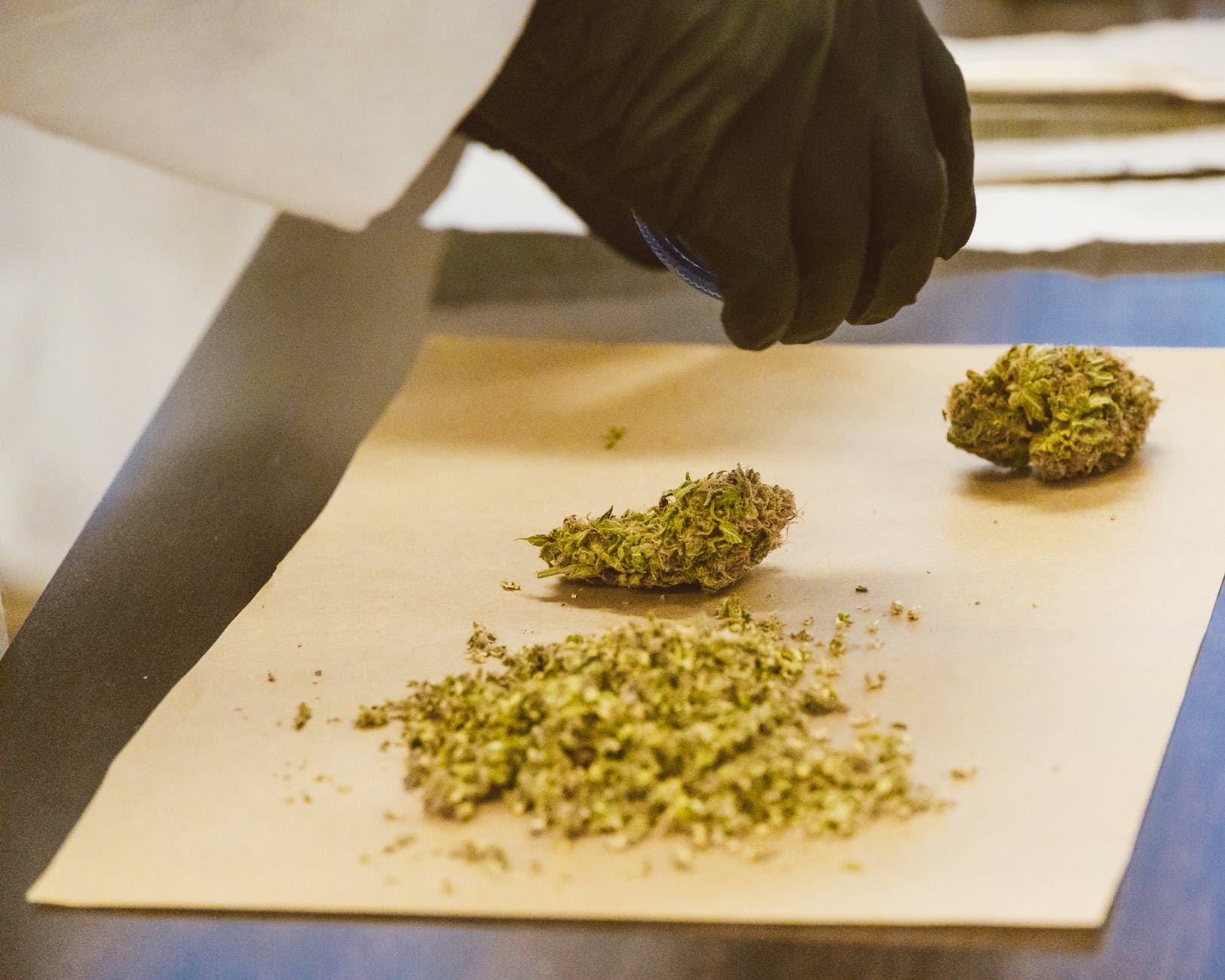Over the last few decades, the globe has experienced a significant shift in the perception and laws revolving around cannabis. More countries are willing to reconsider and reform their cannabis legislation, leading to widespread changes in drug reform for cannabis laws. This article will explore this evolution, highlighting notable alterations worldwide.
It’s essential to understand the historical backdrop of marijuana regulations. Previously, cannabis was viewed negatively and attributed mainly to criminal activity and drug addiction. Increased criminalization was rampant in many countries, with tough penalties for cannabis possession and sales. This era of criminalization exhibited scanty acceptance towards decriminalization or complete legalization of cannabis.
However, over time, the perception towards cannabis began to change. A considerable segment of this shift is attributed to the recognition of the medicinal benefits related to cannabis. Thus, the initiation of medical marijuana programs saw a number of nations offering limited legalization for therapeutic usage. In the USA, California was the first state to legalize medical marijuana in the 1990s, kickstarting the nationwide legalization movement.
As more data on the therapeutic benefits of cannabis surfaced, so did the advocacy for its recreational use. Consequently, jurisdictions such as Colorado and Washington in the United States decided to decriminalize and allow recreational use of cannabis in 2012 through voter initiatives. This trend spread throughout the US, with 18 states and Washington, D.C., decriminalizing cannabis for recreational use as of 2021.
The progress toward legalization did not halt with the United States. A wave of cannabis policy updates swept worldwide. In 2018, Canada became the second country (after Uruguay in 2013) to fully legalize recreational marijuana use nationally. This landmark legislation set a new precedent for other countries to follow suit.
Looking at Europe, the Netherlands has long been known for its liberal approach to cannabis, and Portugal decriminalized all drugs in 2001 to focus on treatment rather than punishment. More recently, other countries, including Luxembourg and Malta, have taken steps towards legalization, indicating changing attitudes across the continent.
Other continents have shown considerable changes as well. In South America, Uruguay fully legalized marijuana in 2013, and other nations like Argentina and Colombia have decriminalized personal use. Africa saw Lesotho becoming the first nation to legalize the growth of cannabis for medical use in 2017, with Morocco following course in 2021.
Asian countries, known for their stringent drug laws, have also begun to roll back on cannabis legislation. Thailand legalized medical marijuana in 2018, becoming the first Southeast Asian country to do so. South Korea followed shortly after, allowing cannabis for specific medical conditions.
Despite these positive strides, many hurdles still stand, including international treaties and domestic oppositions to cannabis legalization. Additionally, policy execution, regulation of sales and cultivation, and research into impacts remain uncharted waters in many instances. Still, each legalization movement act serves as yet another step away from global prohibition and towards a more balanced, evidence-based approach to cannabis regulation.
In conclusion, on a global scale, the spree towards cannabis legislations reform is burgeoning. A variety of factors shape these legalization movements, but it is clear that the world perspective on cannabis is significantly changing. As medical and recreational marijuana consumption continues to gain traction and favor in legal frameworks, the definitive future for cannabis is laced with promise and unprecedented opportunities.
From the above information, it is evident that the ongoing global cannabis legislation evolution is causing a ripple effect. Views are changing, laws are being rewritten, and societies are warming up to the idea of cannabis as a part of everyday life. As the curtain of stigma lifts, it is becoming increasingly clear that the future looks green.
While these global perspectives shift rapidly, one must remain up-to-date with cannabis policy news, amendments, and future projections to understand the revolution undeniably taking place. This tells the story of cannabis’s journey from global prohibition to potential universal acceptance— a truly iconic evolution in drug reform history.

